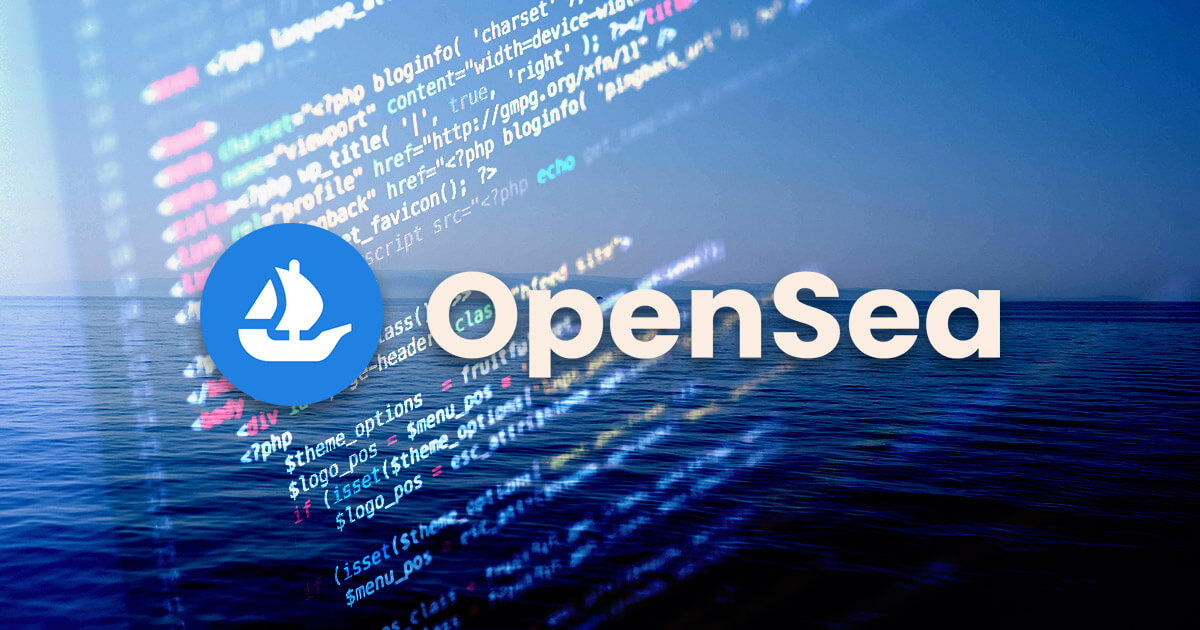OpenSea Drops Fees, Cuts Creator Royalty Protections as Rival Blur Rises
Faced with increasing competition from up-and-coming competitor Blur, leading NFT marketplace OpenSea announced today that it is temporarily eliminating its 2.5% sales commission to navigate a rapidly changing market. We announced that we will be reducing royalty protection for creators.
Not only has OpenSea reduced marketplace fees for "limited duration" trades, effectively cutting off its primary revenue stream, but it also tweeted that it would only charge a mandatory 0.5% royalty on NFT trades. Chain execution method, but sellers can pay a higher percentage. Creator royalties are typically 5-10% of the retail price paid to NFT creators. In this way, the NFT project generates continuous revenue after the initial token sale.
OpenSea's move follows a big week for Blur, a burgeoning marketplace that launched last October. Blur sent BLUR tokens to more than 100,000 NFT traders on Tuesday and advised NFT project creators to block OpenSea trading on Wednesday. Blur does not charge merchants any fees.
We’re making some big changes today:
— OpenSea (@opensea) February 17, 2023
1) OpenSea fee → 0% for a limited time
2) Moving to optional creator earnings (0.5% min) for all collections without on-chain enforcement (old & new)
3) Marketplaces with the same policies will not be blocked by the operator filter
Late last year, OpenSea made a number of changes to its approach to royalties, eventually declaring that it would recognize the full royalty system for all NFT projects created before a set date in January 2023, but only apply royalties to recently expanded projects. Chain execution tool.
OpenSea's own enforcement tool blocks marketplaces that don't fully implement the creator royalty system, including blackouts. However, Blur managed to find a solution to this blacklist in January, which helped attract more users in recent weeks. On-chain data points to a rapidly growing user base for Mangal, and the opposite for OpenSea.
In addition to today's changes, OpenSea said its operator filtering tool will no longer block the same types of markets as its newly announced approach.
OpenSea tweeted, “Major changes have occurred in the NFT ecosystem. “October started to see significant volume as users migrated to NFT markets that aren't fully utilizing productive revenue. Today, despite our best efforts, the postponement was dramatic. We're accelerating."
Blur said Wednesday that it encourages NFT developers to block secondary trading on OpenSea and apply full royalty settings only to projects that ban OpenSea. Blur described the move as a response to OpenSea's own decision late last year, but OpenSea says it is trying to protect copyright owners as a result of the actions of Blur and other competing platforms.
harsh reality:
— frankdegods.eth (@frankdegods) February 17, 2023
nft marketplaces are all trying to maximize marketshare so they can raise bigger vc rounds and the best way to get marketshare is to have the lowest fees for high frequency trading.
god speed.
OpenSea tweeted today, "We thought this would further weigh on builders' revenue and hoped others would come up with a more flexible solution, but that didn't happen. Most recently, including Blur's decision to reverse creator earnings (even for filtered collections) and creators' poor choice between Blur's and OpenSea's liquidity. "This incident proves that our efforts are not working."
OpenSea cited on-chain data showing that around 80% of NFT trade volume today is settled without originator royalties. The market has indicated that it is trying to find ways to benefit both NFT creators and traders.
"This is the beginning of a new era for OpenSea," it wrote. We look forward to testing this model and finding the right balance of incentives and disincentives for all ecosystem participants – creators, collectors, buyers and sellers.”

